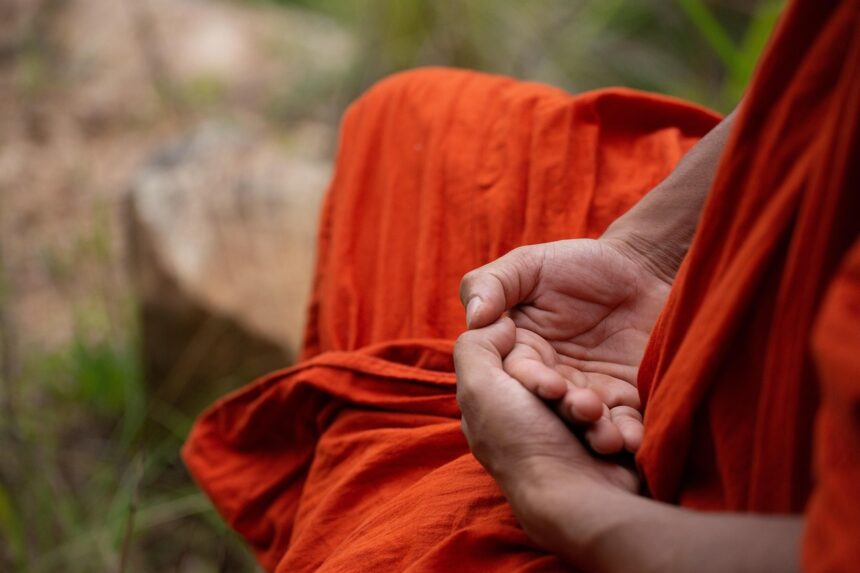Controversial or Courageous? The Growing Trend of Questioning Deep-Rooted Beliefs in India
In a rapidly changing world, belief systems — both religious and ideological — are facing unprecedented challenges. For centuries, India has been a nation where belief and tradition were handed down from one generation to the next, serving as the bedrock of social cohesion and personal identity. However, in recent years, a growing number of individuals are questioning these deeply ingrained belief systems. Are we ready to reevaluate our faiths and values, or is this trend a dangerous path toward societal disintegration?
A Shift in Collective Consciousness
India, home to a rich tapestry of religions, philosophies, and cultural traditions, has long seen belief systems as central to its identity. According to a Pew Research Center survey conducted in 2023, 78% of Indians continue to identify with a religious tradition, underscoring the deeply rooted nature of faith in the Indian psyche. Yet, there’s a growing trend of individuals seeking to redefine their belief systems, driven by the desire for personal autonomy, scientific inquiry, and exposure to global perspectives.
This shift is particularly visible among India’s youth. The 2023 National Youth Survey found that over 40% of young Indians believe that traditional religious practices should be subject to scrutiny and reform. This generational divide suggests that, as India embraces globalization and modernization, the rigidity of belief systems is being increasingly questioned.
The Role of Modern Influences: Is Religion Losing Its Grip?
One of the most striking features of this crisis of belief is the growing influence of modernity and scientific thinking. In a nation where religion has traditionally governed every aspect of life, the influx of secular and scientific ideas is now creating tension between age-old belief systems and new-world perspectives. In 2022, the Indian Rationalist Association conducted a nationwide study showing that 25% of Indians under the age of 30 had started to identify as agnostic or atheist — a significant increase from previous decades.
The rise of social media platforms, particularly among younger generations, has further amplified this shift. People are no longer confined to the beliefs handed down by their families or communities but are exposed to a broader, more diverse range of worldviews. This has led to the proliferation of discussions that challenge long-held religious doctrines and practices, particularly regarding gender equality, caste discrimination, and personal freedoms.
Controversial or Courageous? The Fear of Repercussions
However, questioning belief systems in a country like India is not without its risks. Religious identity politics has become a powerful tool in Indian politics, with political parties frequently using religion to rally their bases. The rise of Hindutva politics, as seen in the 2020 Citizenship Amendment Act (CAA) protests, exemplifies the way religion has been politicized, leaving little room for dissent. Those who openly question the status quo often face backlash, ranging from social ostracism to threats of violence.
In fact, a 2023 report by Human Rights Watch pointed to a rise in religious intolerance, noting that activists and intellectuals who have questioned religious norms have faced growing persecution, including arrest and harassment. This has created an environment where many are hesitant to openly challenge belief systems for fear of social and legal repercussions.
The Need for Reevaluation: A Path to Progress?
Despite these challenges, India’s future lies in its ability to navigate this crisis of belief. The key question remains: can belief systems evolve without losing their core values? The Indian Constitution, with its commitment to secularism, provides a framework for this evolution. Yet, the path to progress requires not only legislative change but a cultural shift — one that encourages dialogue, critical thinking, and tolerance for diversity in thought.
As India confronts the complexities of the modern world, it is essential to ask whether we are ready to reevaluate our belief systems. Is the growing trend of questioning faith and tradition a necessary step for societal progress, or is it a destabilizing force that threatens the very fabric of Indian identity? The answer may lie in finding a balance between holding onto the best aspects of tradition while allowing for the evolution of ideas in an increasingly interconnected world.
Disclaimer: All data and statistics are sourced from official reports, including the Pew Research Center, the National Youth Survey, and Human Rights Watch.


Leave a Reply